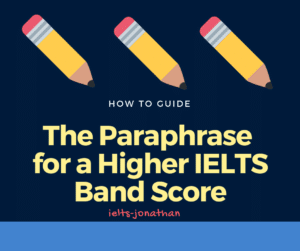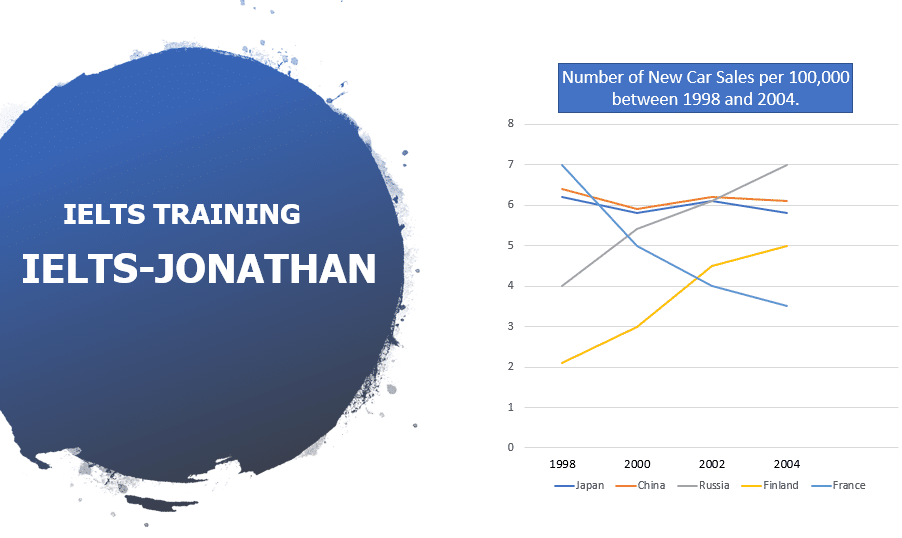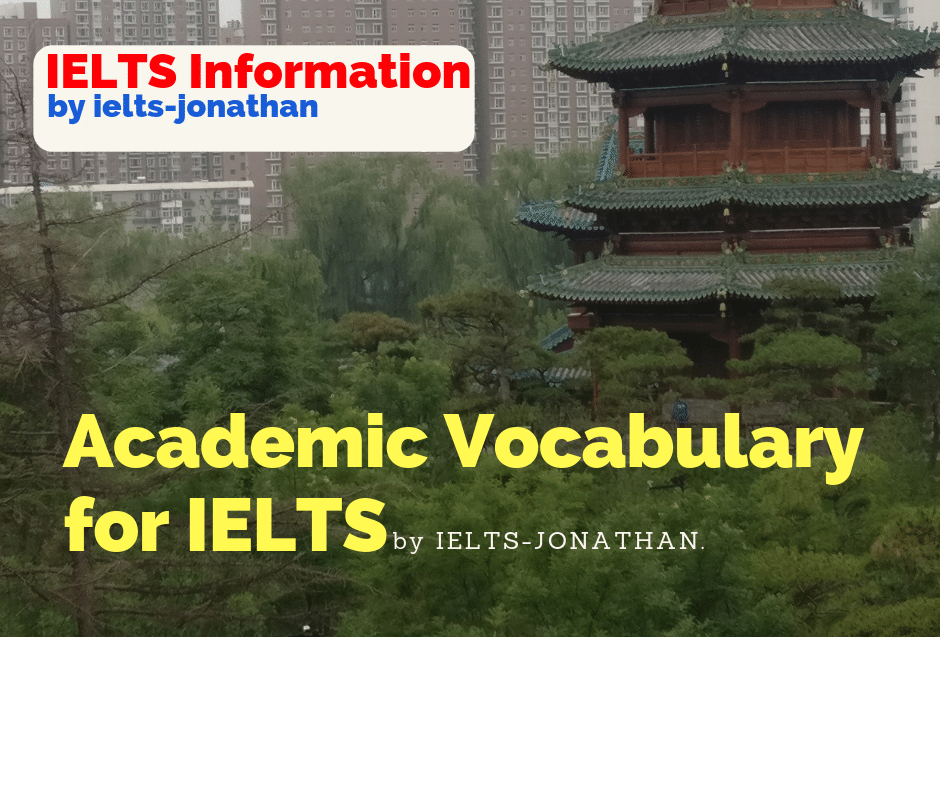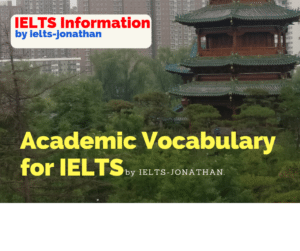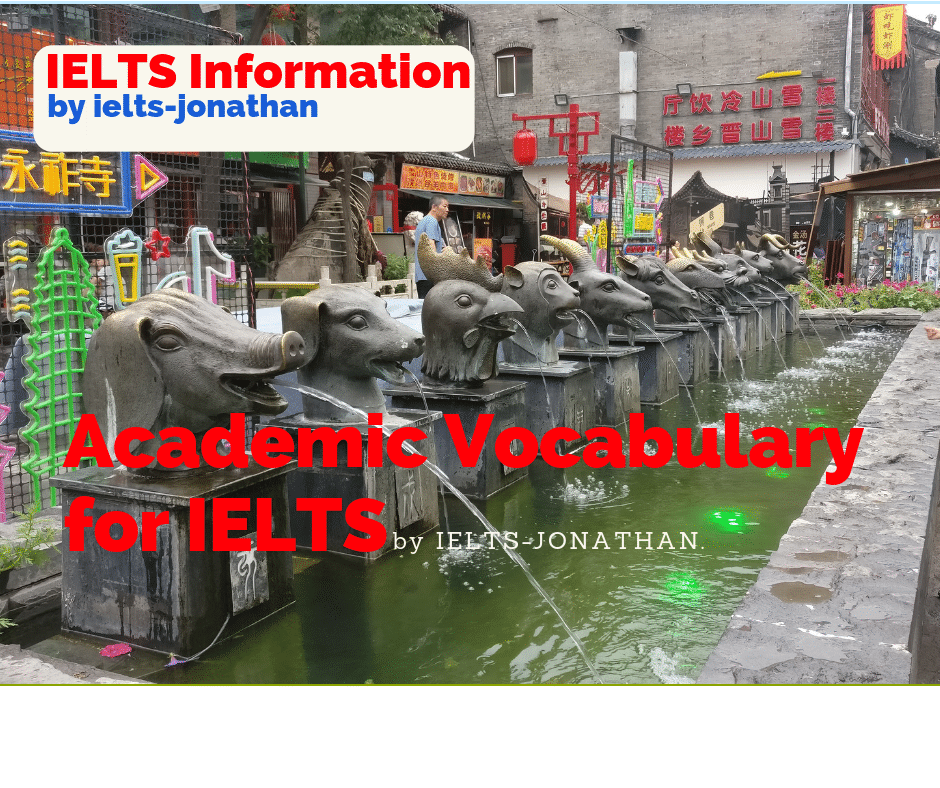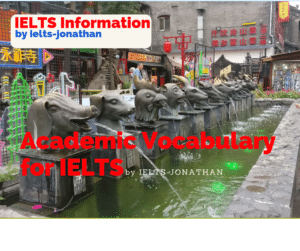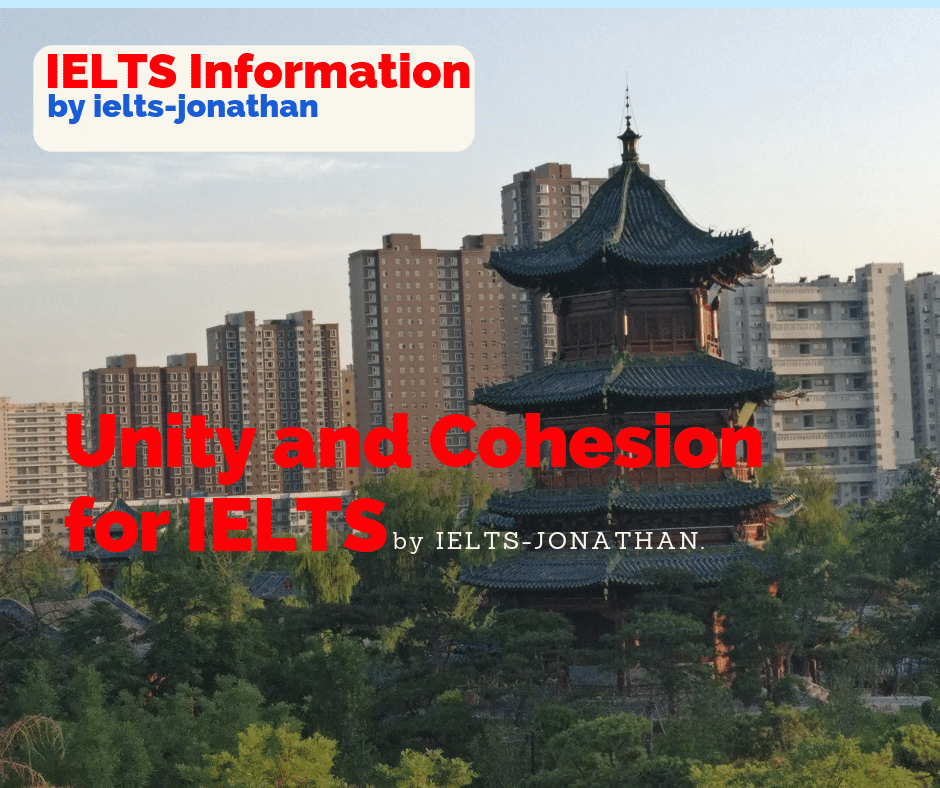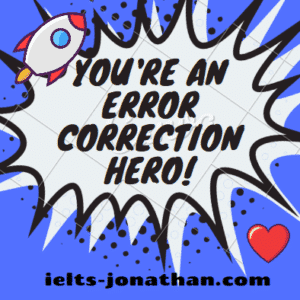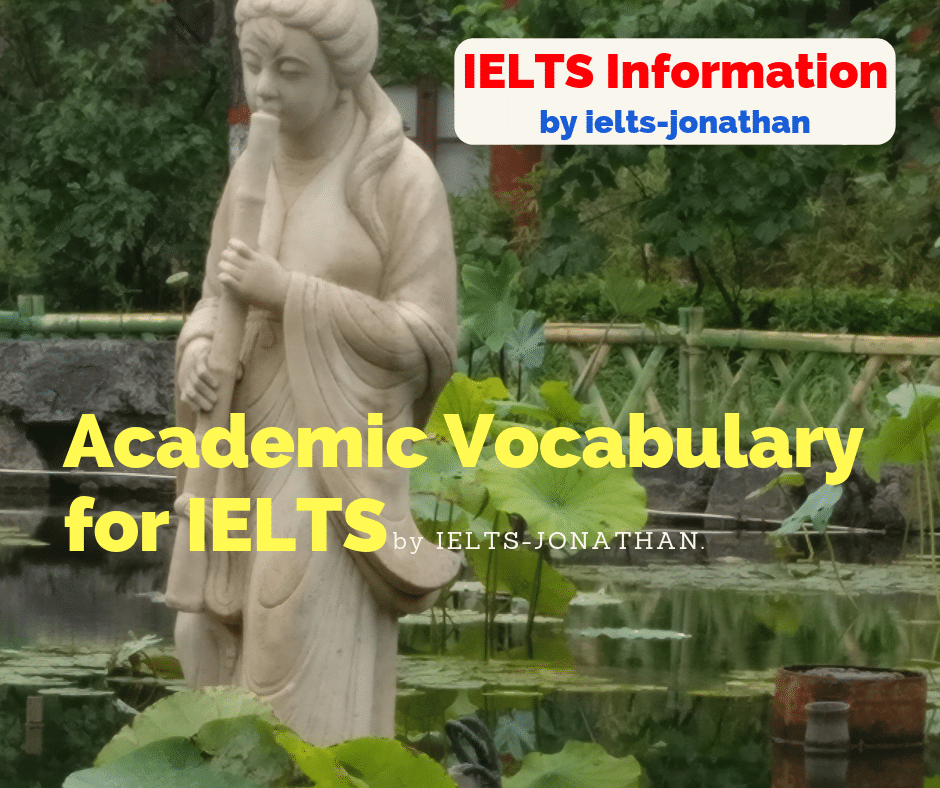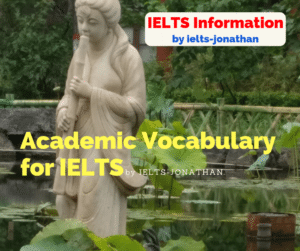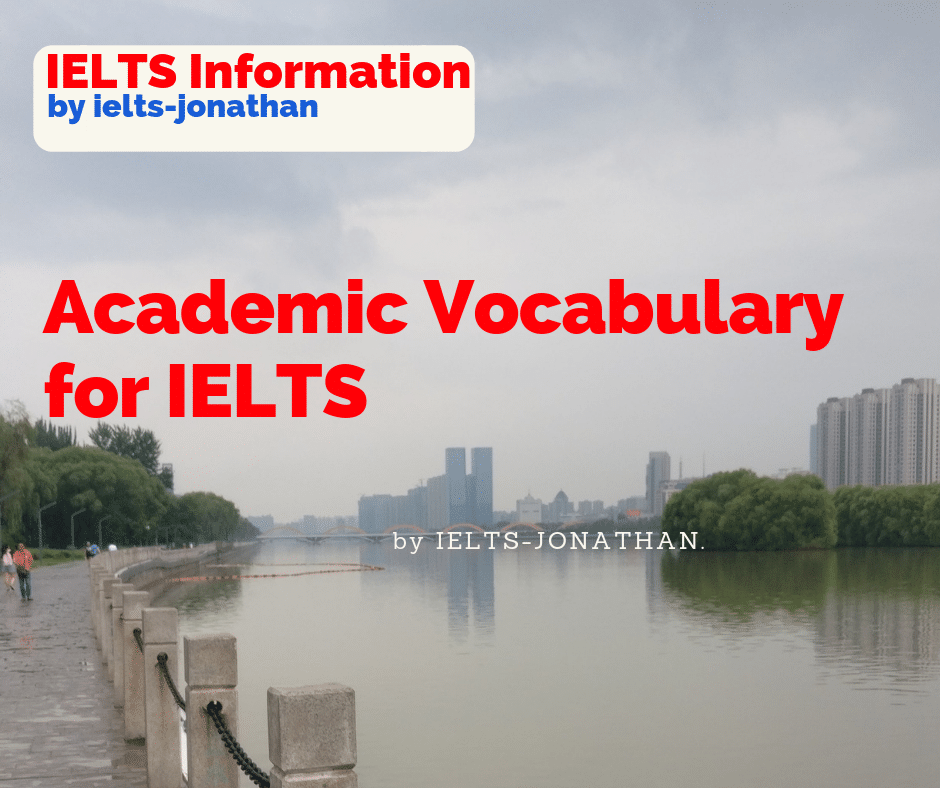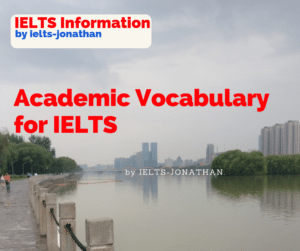What is IELTS vocabulary development
Vocabulary is not just the vocabulary you know, but also how you are able to apply it in the test.
Examining the marking descriptors for IELTS Writing Task 1 and 2 and IELTS Speaking tells me that LEXICAL RESOURCE is a feature of both parts.
A criteria for a higher band is ‘skillfully uses uncommon lexical items’ and another is ‘sufficient range of vocabulary to allow flexibility and precision’.
You can impress the examiner and increase your IELTS Band in IELTS Writing by paraphrasing and by providing a selection of naturally produced synonyms.
Paraphrasing
In IELTS Speaking you can do something similar, and in addition you can rephrase your own remarks.
However, don’t just repeat every question the examiner gives.
In my experience, that would just annoys the examiner!
Using Synonyms
Look at these examples and consider how they second example is a paraphrase, uses synonyms effectively , or rephrases the first example.
- Much of the Middle-East is rich but when you think of modern Arabia, you think of oil, and unimaginable wealth.
- When I moved to the area I discovered some important things. The region was poor, the average wage was only $5 a week.
- Where does the City of London derive most of its wealth from? Well, banking is one of London’s main sources of income.
- The industry has faced a number of challenges… and some companies have been killed by cheap competition from other countries …
- Britain used outposts around the globe to establish its maritime and trading dominance in the period, but by 1997 Britain gave up one of its last colonies when it returned Hong Kong to China.
- The office staff deal with these types of enquiry, so if you have any questions about tuition fees then speak to one of the university administrators.
Higher Level Language
Consider the examples below and see how they second example is a paraphrase, uses synonyms effectively , or rephrases the first example.
- Astute class submarines can dive to over 1,000 feet. (Astute submarines can go to depths of over 300 metres)
- The American car industry has suffered because of cheaper foreign imports. (Imports by foreign car manufacturers have effected the domestic production of American automobiles)
Leaner Training
Find the highlighted word and provide a suitable synonym that fits grammatically and does not change the sentence meaning
1 University is likely to provide many opportunities for a student’s personal social and self-development. In many cases, the opportunities offered by a university are just as important to potential students as academic standards and credentials.
2 A greater number of people seem to be more socially aware of ecological and environmental issues in the 21st century, more so in the younger generations.
3 Ideas around patriarchy are being challenged by the young, educated youth of developed countries. However, these ideas still remain strong in older people who hold on to the traditions of the previous generation.
4 For many, access to the credit facilities required in the modern economy are challenging due to the competition for jobs that often results in stagnated wages.
5 The importance of a university education is often underestimated.
6 The value of a tertiary education is often not considered important.
7 The social aspects of a high education are often considered more important that the academic standards.
8 Due to the restricted land and the pressure to build new housing stock, the location of new housing is sometimes ill conceived, resulting in housing being built on natural flood plains.
9 An individual’s motivation to perform well academically is often related to, among other reasons, the individuals financial background.
10 In comparison to Europeans, many adult Asians do not have the ability to tolerate lactose in dairy products such as milk. This is because European cultures have had dairy farms longer than Asians.
11 The feeling of anxiety can be common in children because a child may feel uneasy but doesn’t know why.
Answers
I hope that you found this information useful and you have taken on board some of the tips.
Please share to someone you know and in the meantime take a look at my
Facebook Page and Website for IELTS answers and you can also join my Facebook Group here too.
I also recommend taking a look at my free blog below, or sign up to my Newsletter which gives further instruction on how to give that perfect Task Response:
I’m Jonathan I’ve taught IELTS and University English in more than a dozen universities and schools around the world. I’m a parent, traveller and passionate about language teaching and helping students achieve their dreams. Whilst living in Austria or working in Asia, I run IELTS courses to help students get to where they want to be. If you are serious about IELTS, connect with me to see how I can help you.


